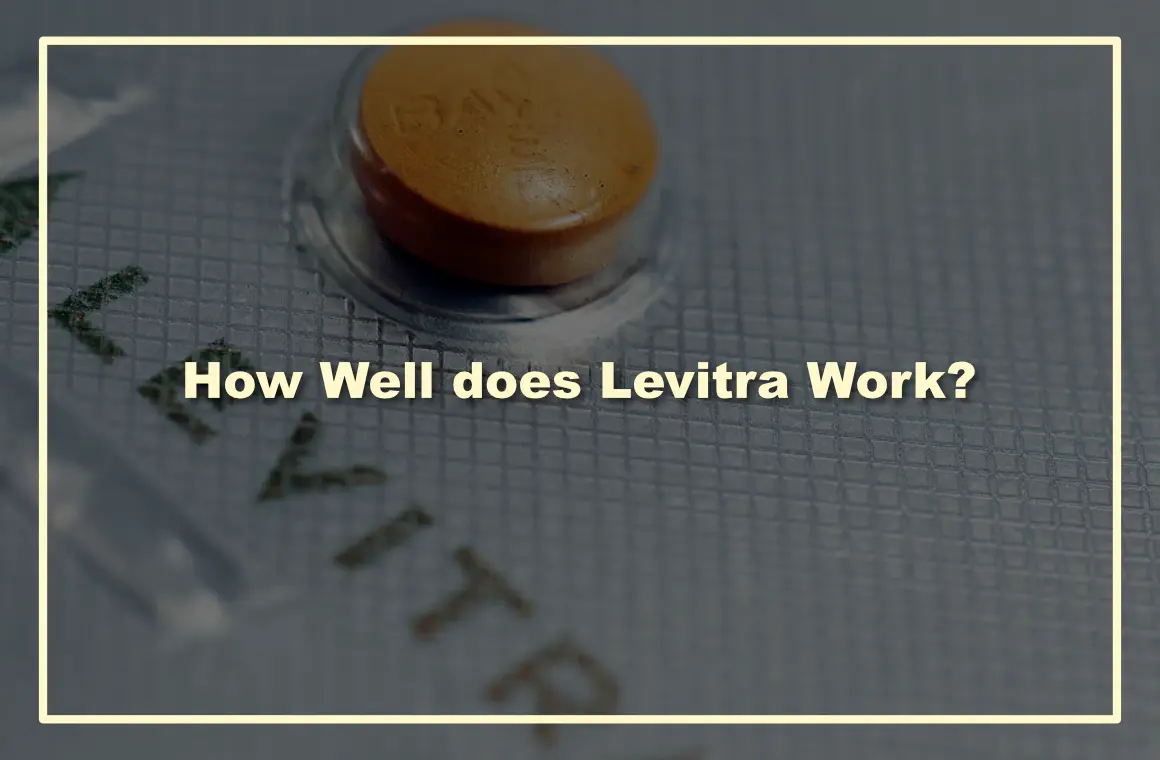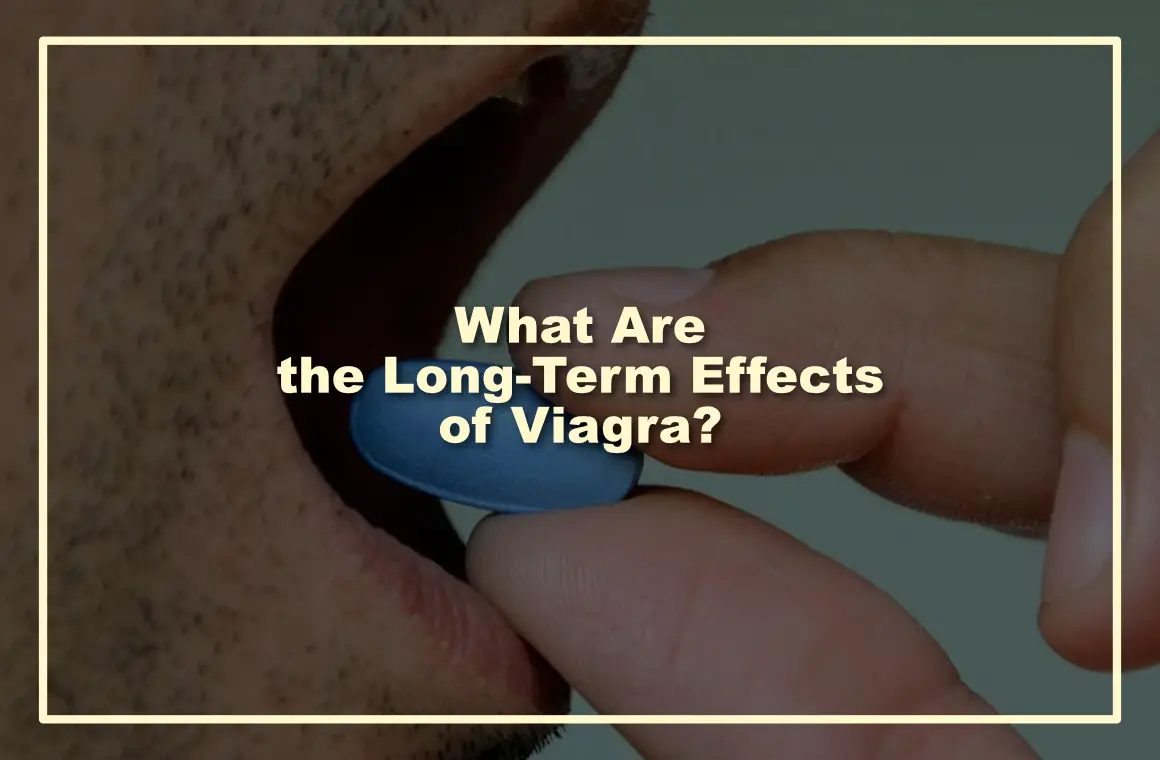
What is Levitra?
Levitra is a medication used to treat erectile dysfunction, offered at Mens Pharmacy. We’ve created blog articles to help clients understand their medications and conditions better.
This particular article focuses on how well Levitra works. We’ll explain what Levitra is, its uses, how it works, and what clinical trials reveal about its effectiveness.
Levitra, also known as Vardenafil Hydrochloride, belongs to the Urologicals group of medications. Each tablet is coated and comes in strengths of 5mg, 10mg, or 20mg, easily identifiable by their round orange shape with the BAYER cross on one side and “5, 10, or 20” on the other.
What does Levitra do?
Levitra (Vardenafil) is used to treat erectile dysfunction in adult men aged 18 years and older. It’s important to note that sexual stimulation is necessary for Levitra to work effectively.
How does Levitra work?
Levitra (Vardenafil) improves erectile function in men with erectile dysfunction through oral therapy. When sexually stimulated, it enhances blood flow to the penis, restoring impaired erectile function. This process involves the release of nitric oxide during sexual arousal, which activates enzymes that increase cyclic guanosine monophosphate (cGMP) levels in the penile tissue.
Levitra (Vardenafil) specifically inhibits phosphodiesterase type 5 (PDE5), an enzyme that normally breaks down cGMP. By inhibiting PDE5, Levitra (Vardenafil) helps maintain higher cGMP levels, promoting smooth muscle relaxation and increased blood flow necessary for achieving and maintaining an erection. Therefore, sexual stimulation is essential for Levitra (Vardenafil) to effectively produce its therapeutic benefits.
How effective is Levitra?
According to the manufacturer of Levitra (Vardenafil), laboratory studies have shown that vardenafil is more potent against PDE5 than other known phosphodiesterases (over 15 times more than PDE6, over 130 times more than PDE1, over 300 times more than PDE11, and over 1000 times more than PDE2, PDE3, PDE4, PDE7, PDE8, PDE9, and PDE10).
In clinical studies using penile plethysmography (RigiScan), Levitra (Vardenafil) 20 mg caused erections sufficient for penetration (60% rigidity as measured by RigiScan) in some men as early as 15 minutes after taking the dose. The overall response compared to placebo became statistically significant 25 minutes after dosing.
Levitra (Vardenafil) can cause minor and temporary decreases in blood pressure, which typically do not lead to clinical effects. The average maximum decreases in supine systolic blood pressure were -6.9 mmHg with 20 mg and -4.3 mmHg with 40 mg of Levitra (Vardenafil) compared to placebo. These effects are consistent with the vasodilating effects of PDE5 inhibitors and are likely due to increased levels of cGMP in smooth muscle cells of blood vessels. In clinical trials, single and multiple doses of vardenafil up to 40 mg did not produce clinically significant changes in electrocardiograms of healthy male volunteers.
In a study involving 59 healthy men, the effects of Levitra (Vardenafil) on the QT interval (a measure of heart function) were compared with sildenafil (Viagra) and placebo. Levitra (Vardenafil) at doses of 10 mg and 80 mg showed increases in QT interval, but these were within acceptable limits compared to placebo.
Clinical trials with Levitra (Vardenafil) 10 mg orodispersible tablets demonstrated their efficacy and safety in a diverse population, including elderly patients and those with diabetes, dyslipidemia, and hypertension. Patients reported significantly higher scores in the erectile function domain compared to placebo, with successful penetration in 71% of sexual attempts versus 44% with placebo. Maintenance of erection was successful in 63% of attempts with Levitra (Vardenafil) compared to 26% with placebo.
In extensive clinical trials involving over 17,000 men with erectile dysfunction, Levitra (Vardenafil) consistently improved erectile function compared to placebo. Success rates for penetration and maintaining erection were notably higher with Levitra (Vardenafil) across various patient groups, including those with psychogenic, mixed, or organic erectile dysfunction, and those with comorbid conditions such as diabetes and cardiovascular diseases.
Overall, Levitra (Vardenafil) has been shown to be effective in improving erectile function across a broad spectrum of patients with erectile dysfunction, maintaining its safety and efficacy in long-term studies.





